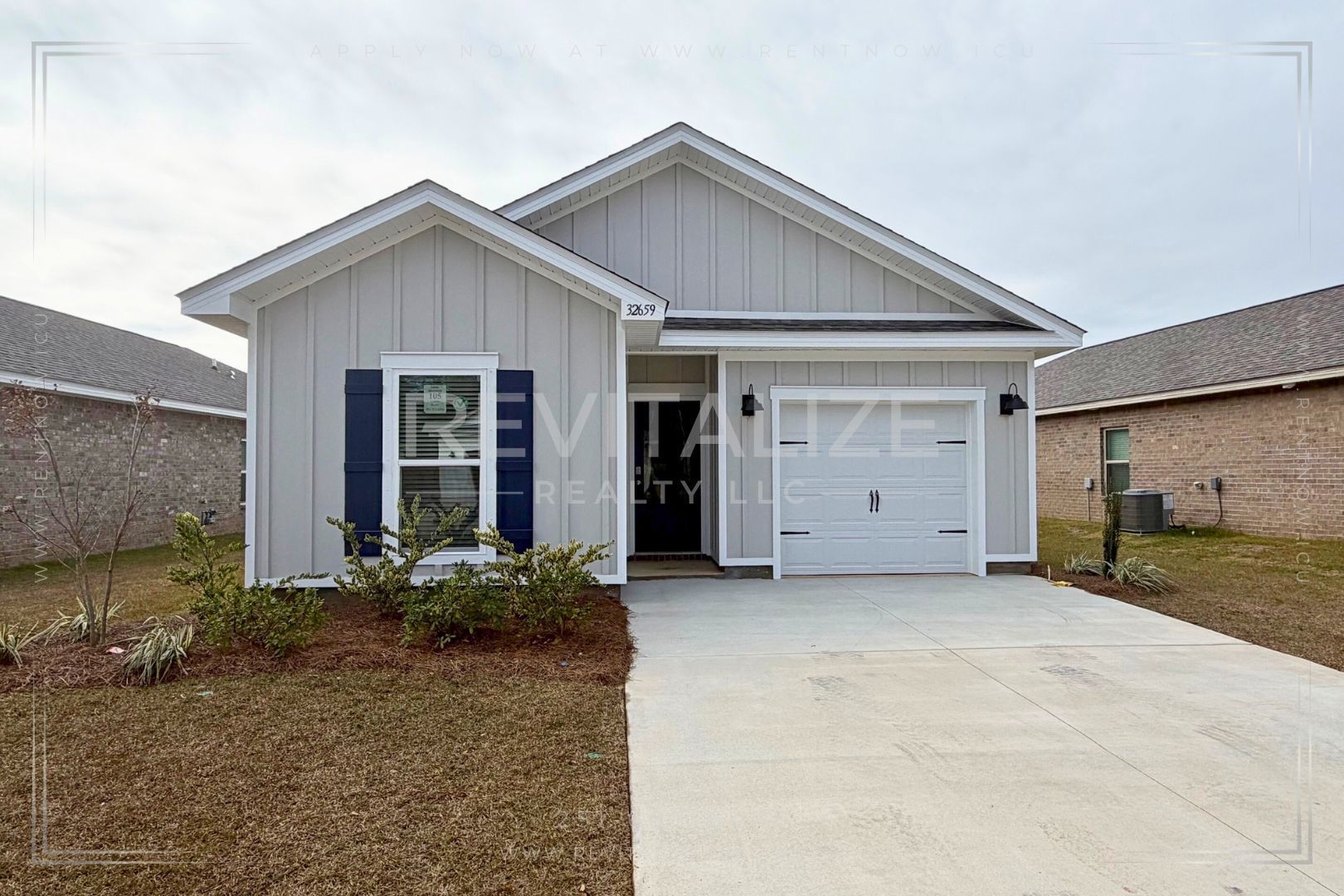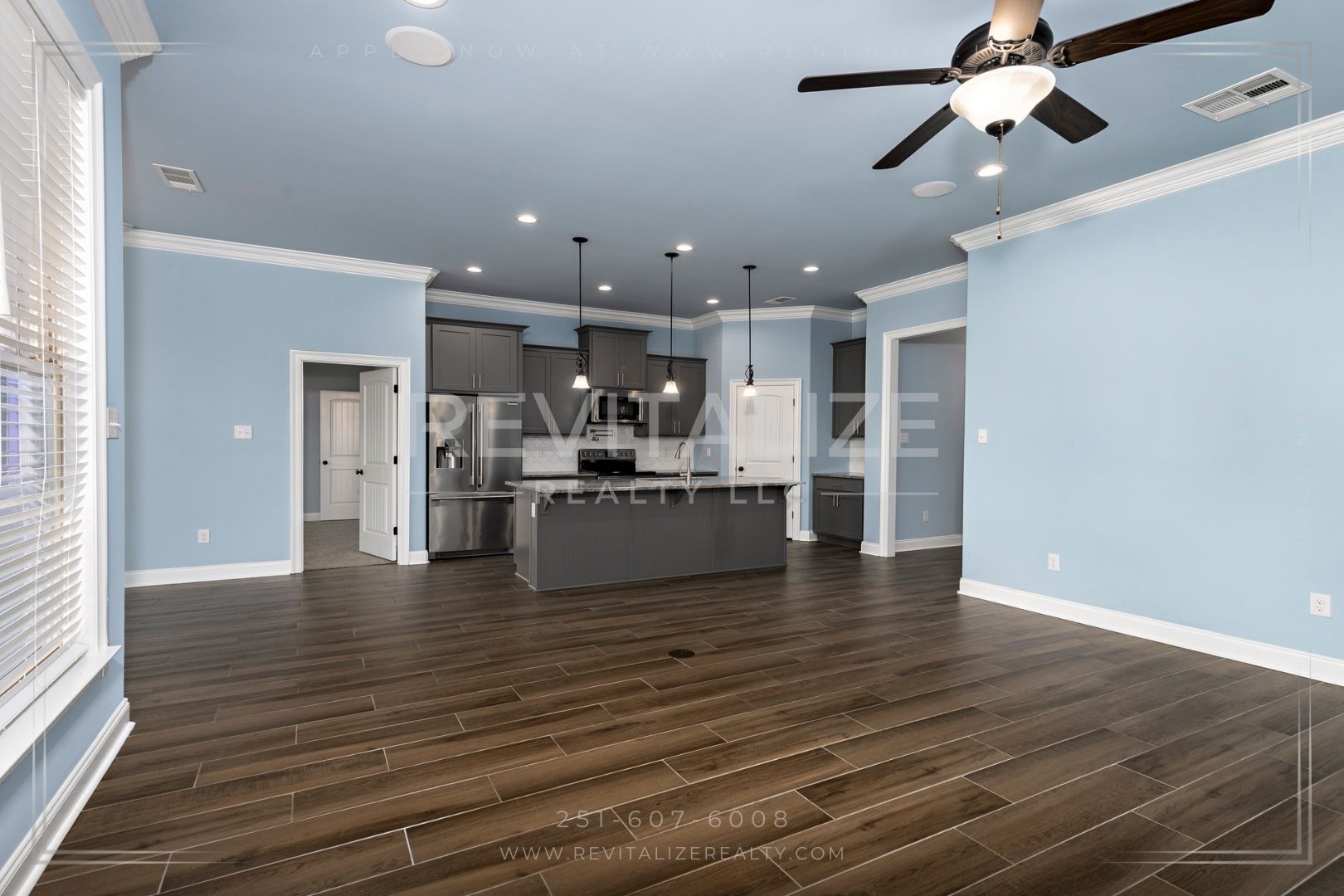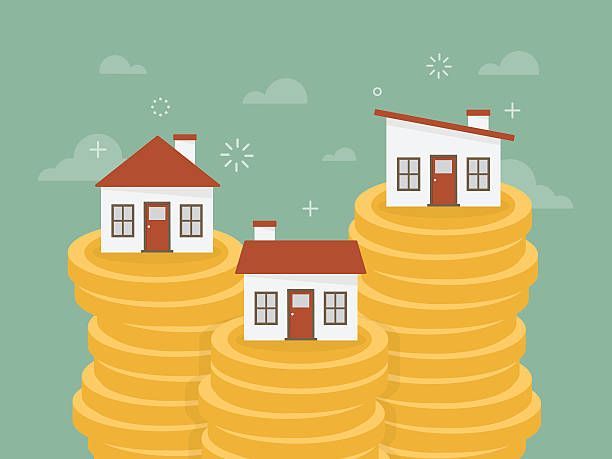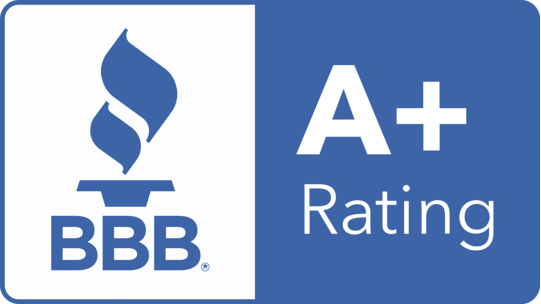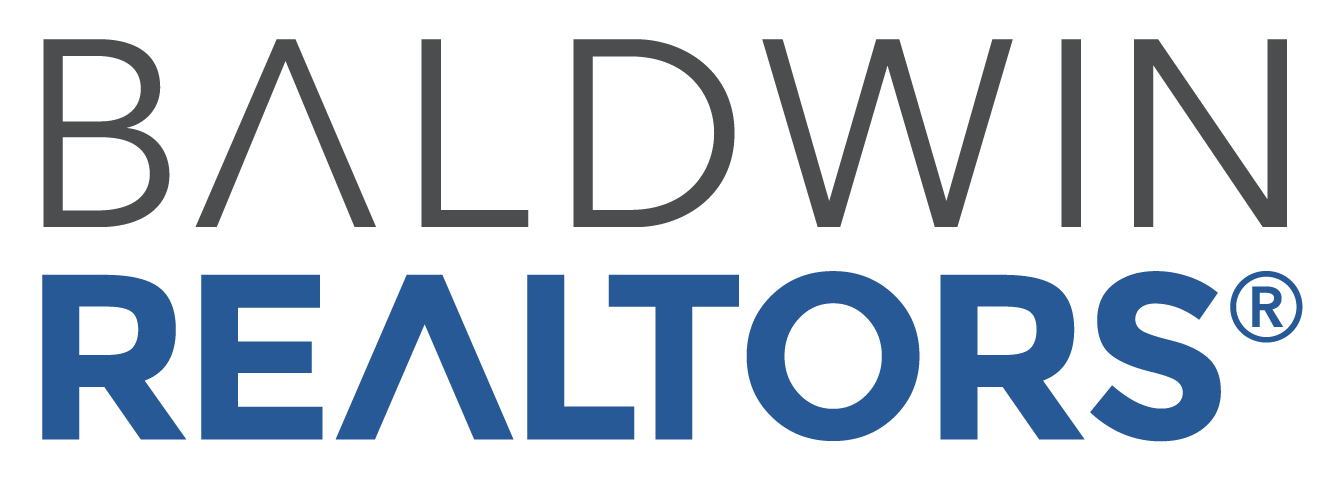Maximizing ROI
5 Crucial Considerations for Investment Rental Properties

Investing in rental properties can be a lucrative venture, offering a steady income stream and potential long-term appreciation. However, to ensure a solid return on investment (ROI), it's essential to approach property investment strategically. Here are five crucial factors to consider when evaluating the ROI of an investment rental property:
Location, Location, Location:
The adage holds true: location is paramount in real estate investment. A property's location significantly influences its rental income potential, vacancy rates, and property appreciation. Consider factors such as proximity to amenities (schools, shopping centers, public transportation), job opportunities, and neighborhood safety. Investing in an area with high demand for rentals and strong rental yields can boost your ROI substantially over time.
Crunching the Numbers: Cash Flow Analysis
Before diving into any investment, conduct a thorough cash flow analysis. Calculate all potential income streams (rental income) and subtract all expenses, including mortgage payments, property taxes, insurance, maintenance costs, property management fees, and vacancies. Positive cash flow is essential for a sustainable investment. Aim for a property that generates enough rental income to cover expenses and leaves room for profit. Tools like spreadsheets or real estate investment software can help streamline this process.
Property Condition and Maintenance:
The condition of the property directly impacts its rental value and ongoing maintenance costs. A well-maintained property attracts quality tenants willing to pay higher rents, reducing vacancy periods and turnover costs. Before purchasing an investment property, thoroughly inspect it for any structural issues, outdated systems, or necessary repairs. Factor in the cost of renovations or upgrades to ensure the property remains competitive in the rental market. Additionally, budget for ongoing maintenance to preserve the property's value and minimize unexpected expenses.
Risk Management: Consideration of Market Trends and Economic Factors
Real estate markets are subject to fluctuations influenced by various economic factors. Conduct market research to assess the current trends, demand-supply dynamics, and economic indicators affecting the local real estate market. Consider factors such as job growth, population trends, interest rates, and regulatory changes that may impact rental demand and property values. Diversifying your investment portfolio across different properties or locations can help mitigate risks associated with market volatility and economic downturns.
Long-Term Appreciation and Exit Strategy:
While rental income is essential for short-term cash flow, long-term appreciation plays a significant role in maximizing ROI. Look for properties in areas with potential for future growth and development, such as emerging neighborhoods or regions

